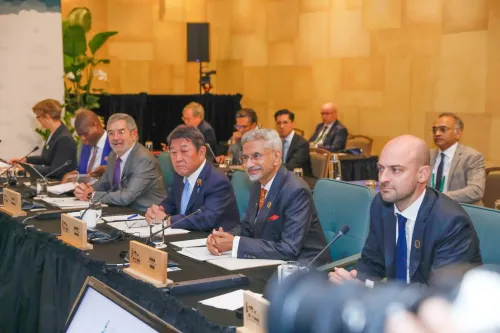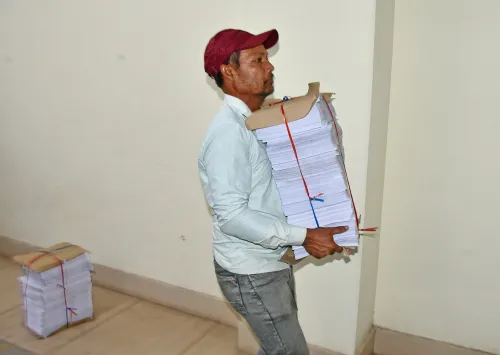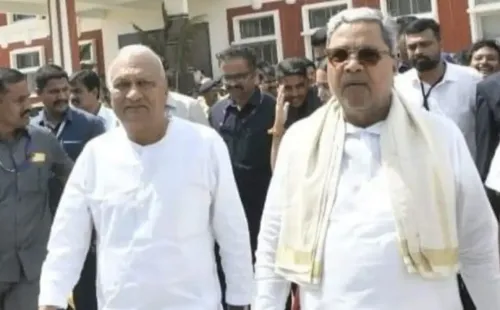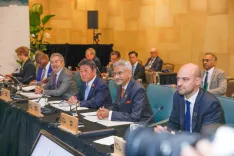Is the WHO Pandemic Treaty a Call for Greater Global Cooperation?
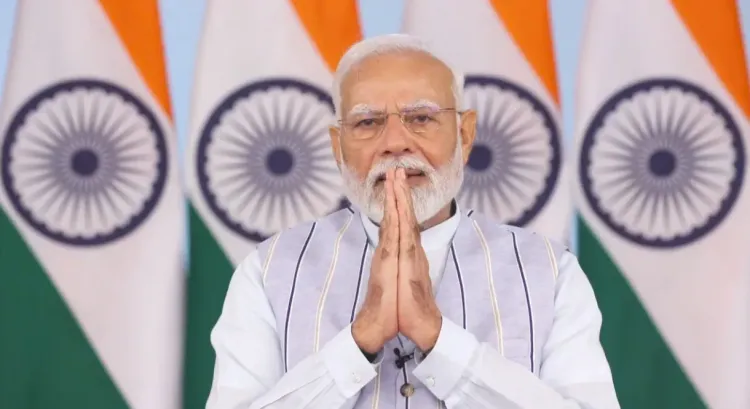
Synopsis
Key Takeaways
- WHO Pandemic Treaty adopted to enhance global cooperation.
- Aligns with India’s vision of 'One World for Health'.
- Focuses on bridging healthcare gaps for future pandemics.
- India’s health reforms include Ayushman Bharat and increased tech use.
- Invitation to the upcoming International Day of Yoga.
New Delhi, May 20 (NationPress) Today, the groundbreaking WHO Pandemic Treaty has been adopted, marking a unified commitment that underscores the necessity for enhanced global collaboration, stated Prime Minister Narendra Modi during his address to the 78th Session of the World Health Assembly in Geneva via videoconference.
In his remarks, he noted that this year's theme, 'One World for Health,' resonates with India's aspirations for global health.
Following three years of negotiations, the treaty was ratified by consensus among WHO member nations during the ongoing assembly. India is among the signatories of this treaty, which has been under discussion since the Covid-19 pandemic devastated lives globally. The treaty is designed to address disparities in global healthcare and prepare for future pandemics.
“The WHO Pandemic Treaty signifies a collective commitment to combatting future pandemics through enhanced global collaboration,” expressed PM Modi, congratulating all involved in the treaty negotiations.
He pointed out that the Global South is particularly affected by numerous health challenges, and emphasized that “India’s strategy offers replicable, scalable, and sustainable models.”
PM Modi conveyed India's readiness to share its insights and best practices, especially with nations in the Global South.
The Prime Minister accentuated the need to build a healthy planet while ensuring that no individual is marginalized.
“The future of a healthy world hinges on inclusion, a cohesive vision, and teamwork,” he emphasized.
Additionally, PM Modi spotlighted India’s health reforms, which include Ayushman Bharat—the world’s largest health insurance initiative, benefiting 580 million individuals with free treatment—and the growing role of technology in enhancing health outcomes. He also highlighted the increase in Government Health Expenditure, significantly reducing citizens' out-of-pocket expenses.
“The health of the world is contingent upon how well we care for the most vulnerable,” the Prime Minister asserted.
Inviting all nations to partake in the upcoming 11th International Day of Yoga in June, he noted that this year’s theme is 'Yoga for One Earth, One Health'.

